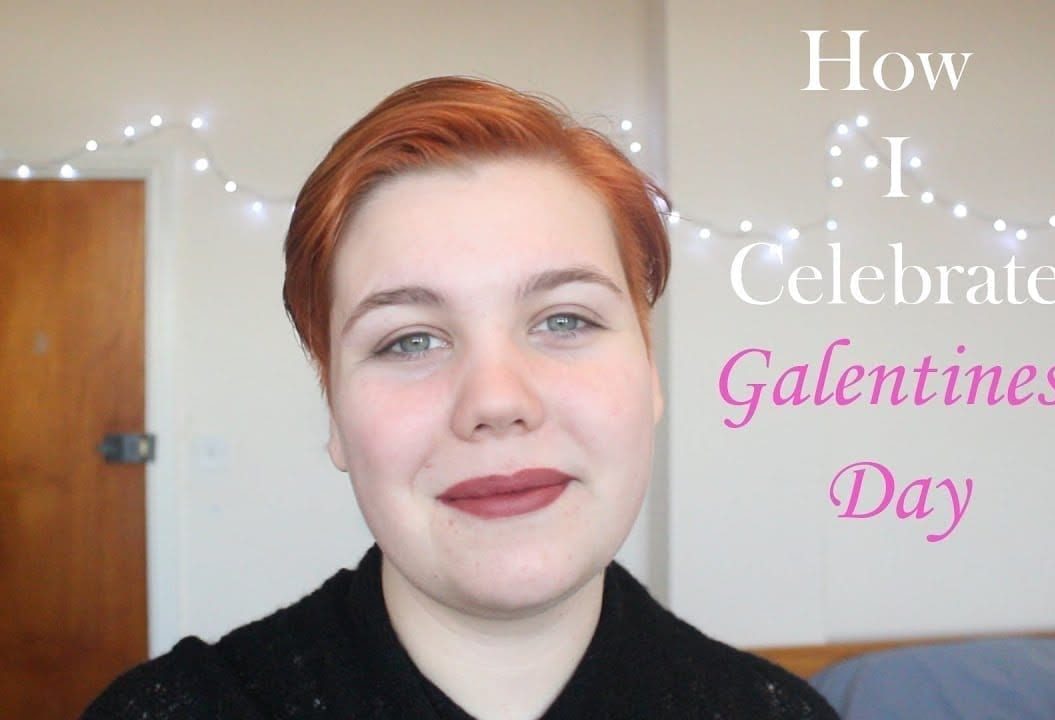Hi! I'm Tash, a third year English student and (very very very) amateur photographer, who is liable to accidentally dye my light clothes (or friends, or seats, or walls) blue with my hair whenever it rains :)

Seeking support and reaching out
May 18, 2020,
read.
This article is more than 3 years old
When it comes to mental health, despite a growing availability of support, reaching out for it can still be one of the toughest parts.
Even if you know there’s help available, asking for it can be scary. It’s a skill we’re all somehow expected to have, but it’s never really taught or shown to us. ‘Reach out’ can feel like a vague sentiment thrown around, and how and when you can reach out sometimes don’t seem clear. However, this doesn’t have to stop you from seeking the help you need. There are different ways of reaching out, both with those close to you and reaching out to professionals in mental health support, and in this article I hope to give some more helpful tips about where you can look or how to start reaching out.
Reach out to close friends
Figuring out for yourself what kind of support you need, and what asking for it might look like, is an integral part of the process. Particularly if you’re struggling with something new or are starting to reach out for the first time, the process can seem daunting. Starting with reaching out to those close to you is a great first step. Whether you want to try and talk about it, or you don’t yet feel ready, but want someone to know how you’re feeling, the people who love and care about you will want to see you feeling better. You’re not burdening anyone by reaching out, everyone knows how tough it is to do and so they will appreciate your trust and want to help you moving forward. Opening a conversation, or asking for someone to help, can take your mind off of the things causing your stress.
Talk it out
Approaching your feelings with a friend, family member or someone else you trust can also help you to get a good perspective on what you’re struggling with. Putting it into words can help you understand what you might need to work through it or what support you might need. Additionally, talking to people you already know and trust can make the idea of seeking help with professional mental health services feel a lot less daunting, if that is what is best for you.
Look out for mental health services
Worrying that you don’t know who you can talk to, or what you would say to them is another super common worry when it comes to reaching out, but it doesn’t need to stop you asking for the help you need it. Looking at what might be available to you and also what those sessions might look like can help alleviate some of that anxiety as you’ll know what to expect. Even now, in the context of the Covid-19 epidemic, there are ways to reach out for professional help. Online or phone services are available and you can refer yourself online, so you don’t have to see your GP or break social distancing rules to get some support.
Overall, reaching out for help, no matter how you decide to do it, is a brilliant first step in getting the support you need. Even if it feels daunting at first, think it over, talk it out and look around; there are support networks out there for any issue you might be dealing with. Here’s a few to start you off:
- NHS mental health services.
- University of Lincoln Student Services.
- Mind Charity.
- The Mix, mental health support.
Stay well, and just remember there is always support available.




